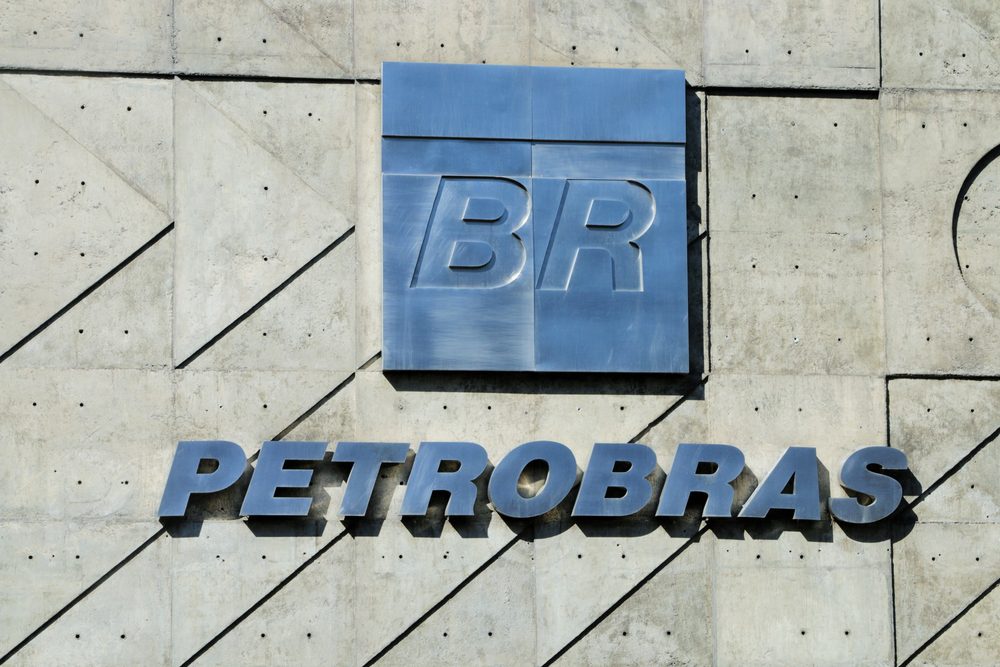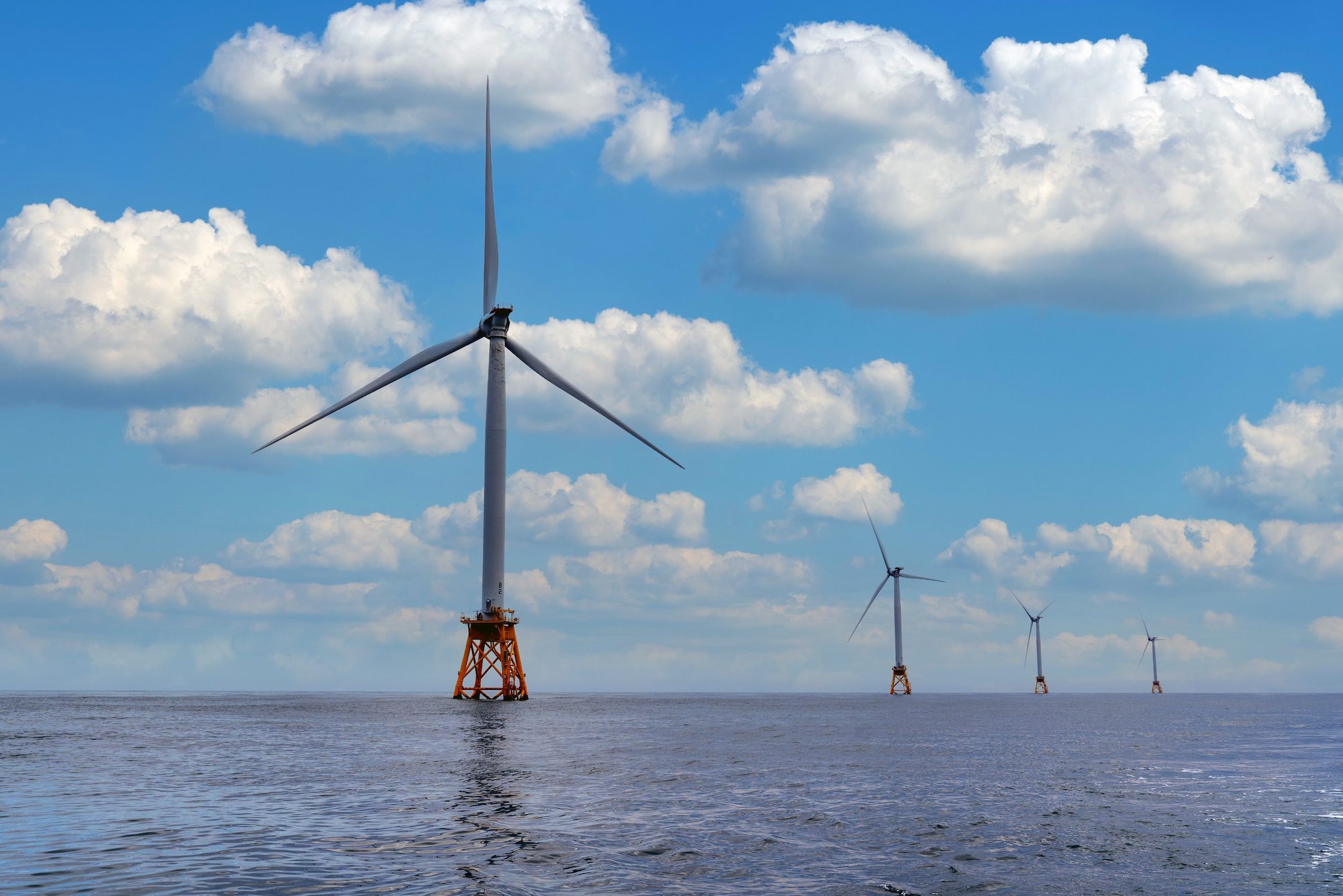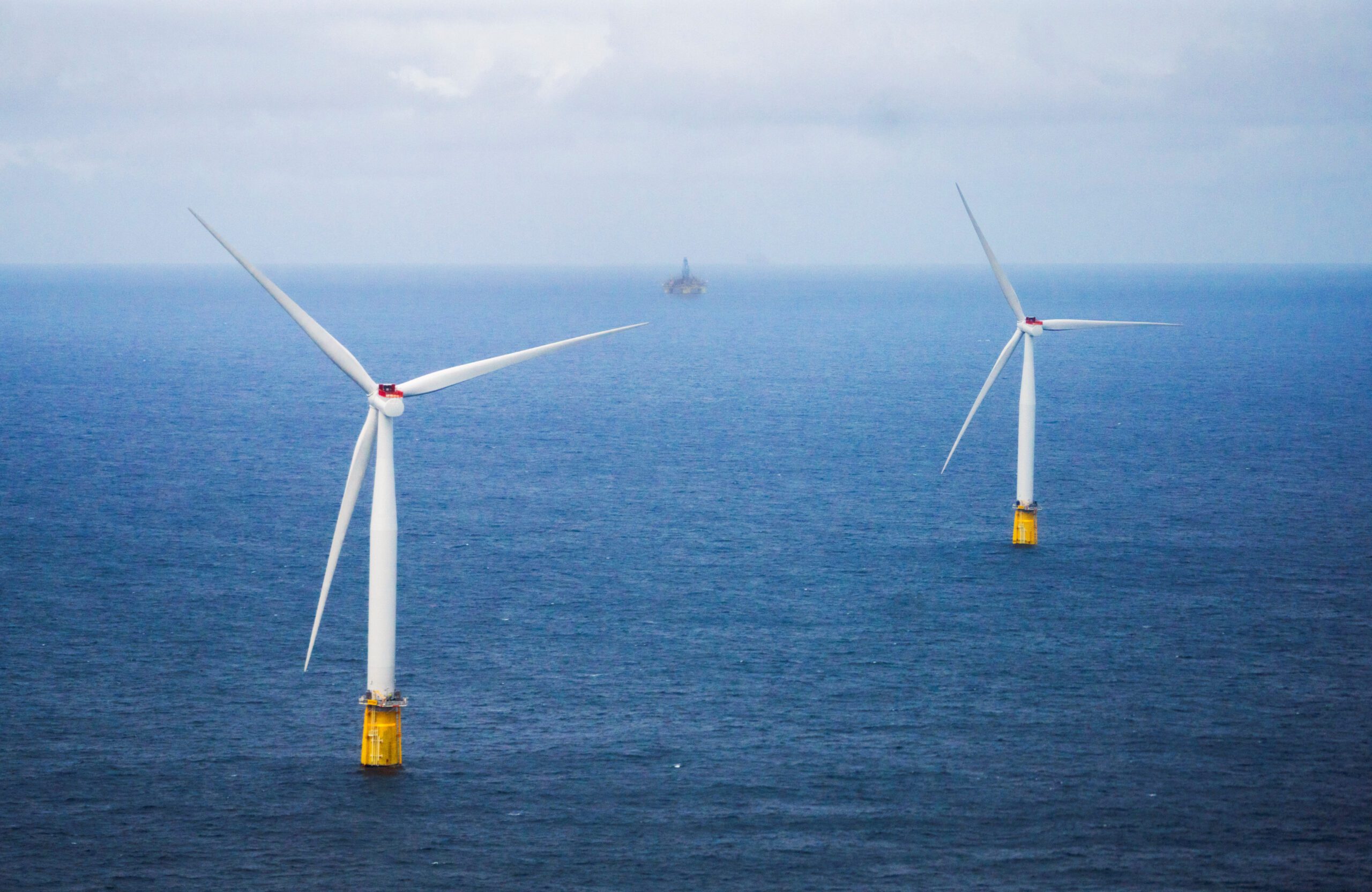 By Caroline Stauffer
By Caroline Stauffer
Aug 14 (Reuters) – Prosecutors and federal police in Brazil have unearthed the country’s largest-ever corruption scandal by linking a ring of black-market money changers to a price-fixing and political kickback scheme at state-run oil company Petrobras .
Executives from two dozen engineering firms are accused of inflating the value of contracts and funneling the excess funds into their own bank accounts and to political parties, including President Dilma Rousseff’s Workers’ Party.
Below are key moments in the investigation, which prosecutors in the southern city of Curitiba expect to continue for at least two more years. An investigation into politicians is also advancing in Brasilia.
March 20, 2014
Federal police arrest the former head of Petrobras’ refining and supply department, Paulo Roberto Costa, the result of an investigation that started when they noticed Costa had been given a Range Rover car by convicted black-market money changer Alberto Youssef.
Aug 22, 2014
Costa signs a plea bargain deal with prosecutors, agreeing to explain the corruption scheme and name beneficiaries in exchange for a lighter sentence. Plea bargain deals become a cornerstone of the investigation.
Nov 14, 2014
Federal police arrest 18 people, including former Petrobras engineering and services director Renato Duque and senior engineering executives, in the first broad raid of the investigation.
Dec 11, 2014
Prosecutors in Curitiba formally charge 36 people, 22 of them from engineering firms OAS , Camargo Correa, UTC Engenharia, Galvao Engenharia, Mendes Junior and Engevix. Prosecutor Deltan Dallagnol declares war on corruption in Brazil in a nationally televised press conference.
Dec 29, 2014
Petrobras bans 23 suppliers cited in the investigation from bidding on tenders.
Feb 6
Aldir Bendine, former head of state-run Banco do Brasil SA, steps in as Petrobras CEO after Maria das Graças Foster and other senior executives resign abruptly.
March 6
Brazil’s Supreme Court says it will investigate the speakers of both houses of Congress and 32 other sitting politicians in connection with the Petrobras scheme. Twelve senators and 22 congressmen from five parties are under investigation, all but one from President Rousseff’s governing coalition.
April 15
Brazilian police arrest the treasurer of the ruling Workers’ Party, João Vaccari, moving the investigation closer to Rousseff’s inner circle. Vaccari resigns to focus on his defense.
April 22
Paulo Roberto Costa is sentenced to seven years and six months in prison, but will only serve one year of house arrest due to his collaboration and time already spent in detention. A total of eight people are convicted in the probe’s first sentences.
April 28
After lawyers fiercely contest the legality of lengthy pre-trial jailings in Curitiba, the Supreme Court overrules federal judge Sergio Moro and orders nine executives to be released on house arrest.
May 26
Nestor Cervero, former international director of Petrobras, is sentenced to five years in jail for money laundering.
June 19
Brazilian police arrest the chief executives of the country’s two largest construction companies, Marcelo Odebrecht, head of family-run conglomerate Odebrecht SA, and Otavio Marques Azevedo, CEO of Andrade Gutierrez. Prosecutors say the companies led the cartel of engineering firms.
June 26
Weekly magazine Veja publishes plea bargain testimony from Ricardo Pessoa, head of UTC Engenharia, without saying how it obtained the documents. Pessoa said money from the overpricing of contracts was donated to Rousseff’s 2014 re-election campaign, allegations she and her party deny.
July 14
Federal police carry out search and seizure operations at the home of Senator and former President Fernando Collor de Mello, the first such operation targeting a sitting politician.
July 16
In a separate investigation, federal prosecutors open a formal inquiry into whether former President Luiz Inácio Lula da Silva improperly used his connections overseas to benefit Odebrecht after leaving office.
July 20
Three executives of Brazil’s Camargo Correa group are convicted of money laundering, corruption and other charges, the first construction-industry executives to be sentenced in the Petrobras investigation. Two executives will serve a year of house arrest with electronic monitoring, and two to six years of modified house arrest, while the third could face nine years and six months in prison.
July 24
Prosecutors present charges against Marcelo Odebrecht and 21 others and say they are seeking 6.7 billion reais in damages from Latin America’s largest engineering firm.
July 28
Police arrest two executives involved in building a nuclear power plant for state-run utility Eletrobras, pulling Brazil’s electricity sector into the scandal. “Operation Radioactivity” focused on Eletrobras’ Eletronuclear division, which is building a third nuclear-power reactor at Angra dos Reis, west of Rio de Janeiro.
July 29
Prosecutors say Renato Duque, former head of Petrobras’ corporate services division, unfairly favored Italy’s Saipem SpA on a contract for an undersea gas pipeline for the Lula and Cernambi offshore subsalt fields. More than a dozen foreign firms are thought to have bribed Petrobras executives.
Aug 3
Police arrest former government minister Jose Dirceu, one of the most senior members of the ruling Workers’ Party to be detained in the scandal. Dirceu was former President Luiz Inacio Lula da Silva’s chief of staff from 2003 to 2005.
Aug 6
Prosecutors present formal charges against Jorge Zelada, the former head of Petrobras’ international division and five others, saying they favored U.S. company Vantage Drilling in a rig contract. Hsin Chi Su, chief executive of Taiwanese shipping firm TMT was also charged. Prosecutors also say they will file criminal charges stemming from the lease of an Ensco Plc offshore oil-drilling ship to Petrobras “in due course. (Reporting by Caroline Stauffer; Editing by Peter Galloway)
(c) Copyright Thomson Reuters 2015.

 Join The Club
Join The Club










